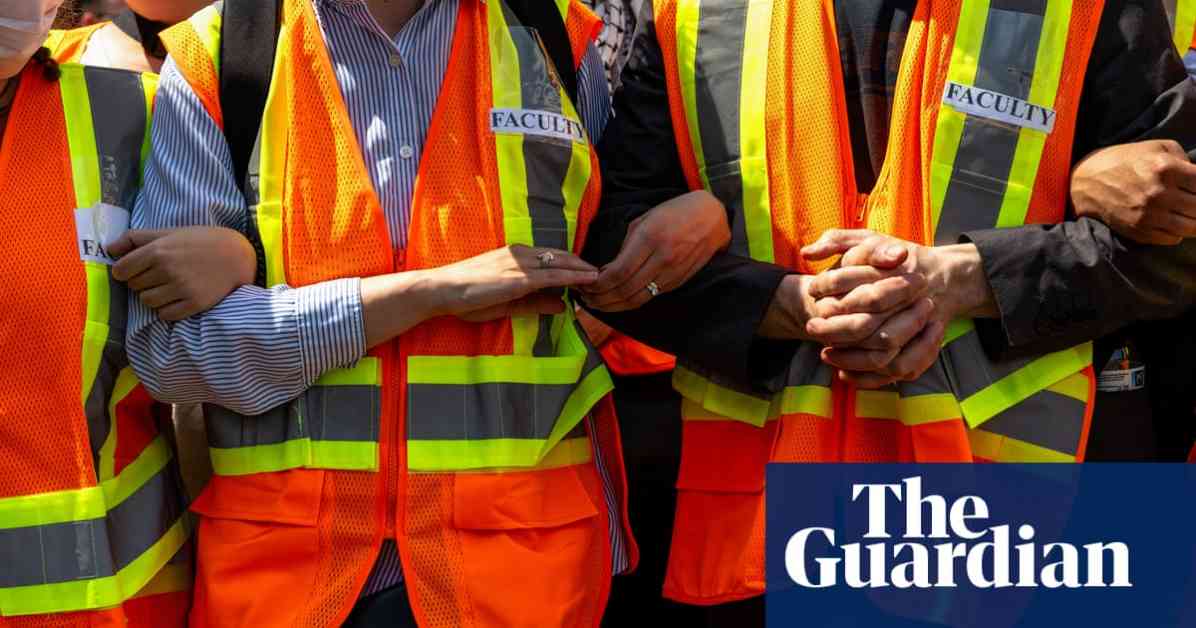Several professors at universities across the US are facing consequences for supporting the pro-Palestine movement and their students participating in protests on college campuses. This has led to disciplinary actions, investigations, and even terminations.
Katherine Franke, a law professor at Columbia University, is under investigation for comments she made regarding Israeli students studying at the university. She expressed concerns about former Israeli soldiers harassing Palestinian students on campus. The investigation was triggered by an interview she gave, and she has filed a complaint against the law firm that dropped her as a client.
Maura Finkelstein, a tenured professor at Muhlenberg College, was fired over a social media repost on Instagram that a student complained about. She has appealed her termination, citing unfair treatment.
Ruha Benjamin, a professor at Princeton University, is also facing investigations for her pro-Palestine activism. These cases highlight the growing restrictions on protests and free speech on university campuses.
In response to these actions, experts have expressed concerns about the impact on academic freedom and the ability of professors to engage in open debate on controversial topics. Universities are meant to be spaces for dialogue and discussion, even on contentious issues like the Israel-Palestine conflict.
Other professors facing investigations and suspensions include Tiffany Willoughby-Herard at UC Irvine, Michel DeGraff at MIT, and Steven Thrasher at Northwestern University. These cases raise questions about the limits of free speech and academic freedom in academia.
The firing of Finkelstein has sparked outrage among faculty and alumni at Muhlenberg College, who have launched petitions calling for her reinstatement. The college has been criticized for creating a “culture of fear” and restricting freedoms on campus.
At San José State University, professor Sang Hea Kil has been suspended for her involvement with pro-Palestinian student groups. She denies the allegations against her and argues that there is a culture of fear around speaking out in support of Palestine on campus.
Overall, these cases highlight the challenges facing professors who support the Palestinian cause and engage in activism on university campuses. The crackdown on free speech and academic freedom is a concerning trend that could have far-reaching implications for the future of higher education in the US. It is essential to protect the rights of professors to express their views and engage in meaningful dialogue on complex and controversial issues like the Israel-Palestine conflict.


